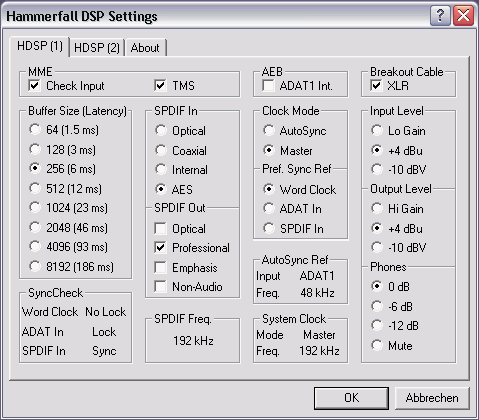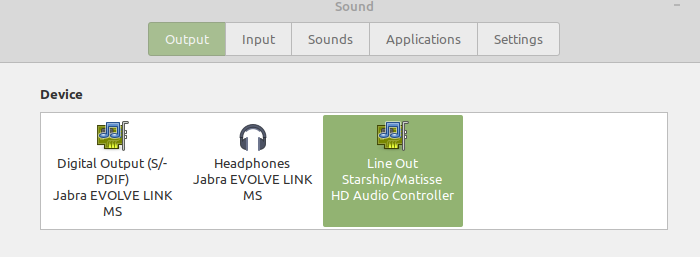

- #Vmware mac audio input crackling drivers
- #Vmware mac audio input crackling pro
- #Vmware mac audio input crackling software
- #Vmware mac audio input crackling Pc
#Vmware mac audio input crackling software
Maybe that's the issue? Would a more expensive Thunderbolt interface make a difference? I also heard that recording to an external hard drive and running only your software on your internal drive can help make things faster.I am experiencing exactly same issue as highlighted in this post I will say that Resident Audio’s T4 is hands-down the cheapest Thunderbolt interface available. It worries me for when I DO start recording with a lot of tracks.

The only thing I’ve loaded on the MacBook is Firefox.

I’m using a quadcore i7, 16gig RAM, and 512 flash storage. Plus the crackling happens on sessions where literally nothing is recorded (no loads of effects or tracks or anything), so I’m not sure why it would be having problems at the default buffer of 128. My only confusion is that, as you said, my system is brand new and pretty good.
#Vmware mac audio input crackling Pc
(I used a PC and Sonar for years and never had buffering issues, so this is all new to me.) It’s funny that after multiple emails and phone calls with the company I ordered it from, AND with Resident Audio, that nobody thought to suggest buffering as the issue.

I tried moving the buffer from 128 to 256 this morning before I left for work and it seems to have worked! Mind you, I only tried it for five minutes, so I’m not declaring victory yet, but definitely promising. Thanks so much for your thorough and clear response. This introduces latency and the buffer runs out more quickly. Make sure you connected your audio interface directly to the Mac, not a hub or something. Or suddenly some background process kicks in and uses CPU and disk time, like a Time Machine backup and such. However, this is not the case for your shiny new stuff, except you really have dozens of tracks and lots of plugins per track. Usually this is the case for slow systems or systems with a lot going on, for example dozens of simultaneous tracks with many active plugins. More buffer gives the CPU more time to do processing. If the CPU cannot get enough data quickly enough, it's starting to crackle. Simply put, the buffer is a small part of memory where the incoming audio stream is buffered and the CPU can do any processing required on it. Try increasing this value to 128, 256, 512 and so on. And there below that is your I/O Buffer Size. Output and Input device are your interface. Then make sure you're on the "Devices" menu. Open the Logic preferences CMD-Comma and click on the "Audio" tab icon at the top. I'm grateful for any help.įor me, when crackle happens "from time to time", it's a good indication of too low a I/O buffer. This is my first time switching from a mac to a PC, and am pretty unimpressed so far. I've read about other recording musicians having trouble with DAWs and interfaces after the El Capitan upgrade, though not with this exact problem. Making sure bit depth was the same on interface and macbook.Turning off the Thunderbolt bridge under "network".
#Vmware mac audio input crackling drivers
#Vmware mac audio input crackling pro
I just bought a brand new Macbook Pro 15 inch retina, installed with El Capitan 10.11.4 and Logic Pro X, along with a brand new Resident Audio T4 Thunderbolt interface, and there is a crackling and distorting sound coming through the input chain.


 0 kommentar(er)
0 kommentar(er)
